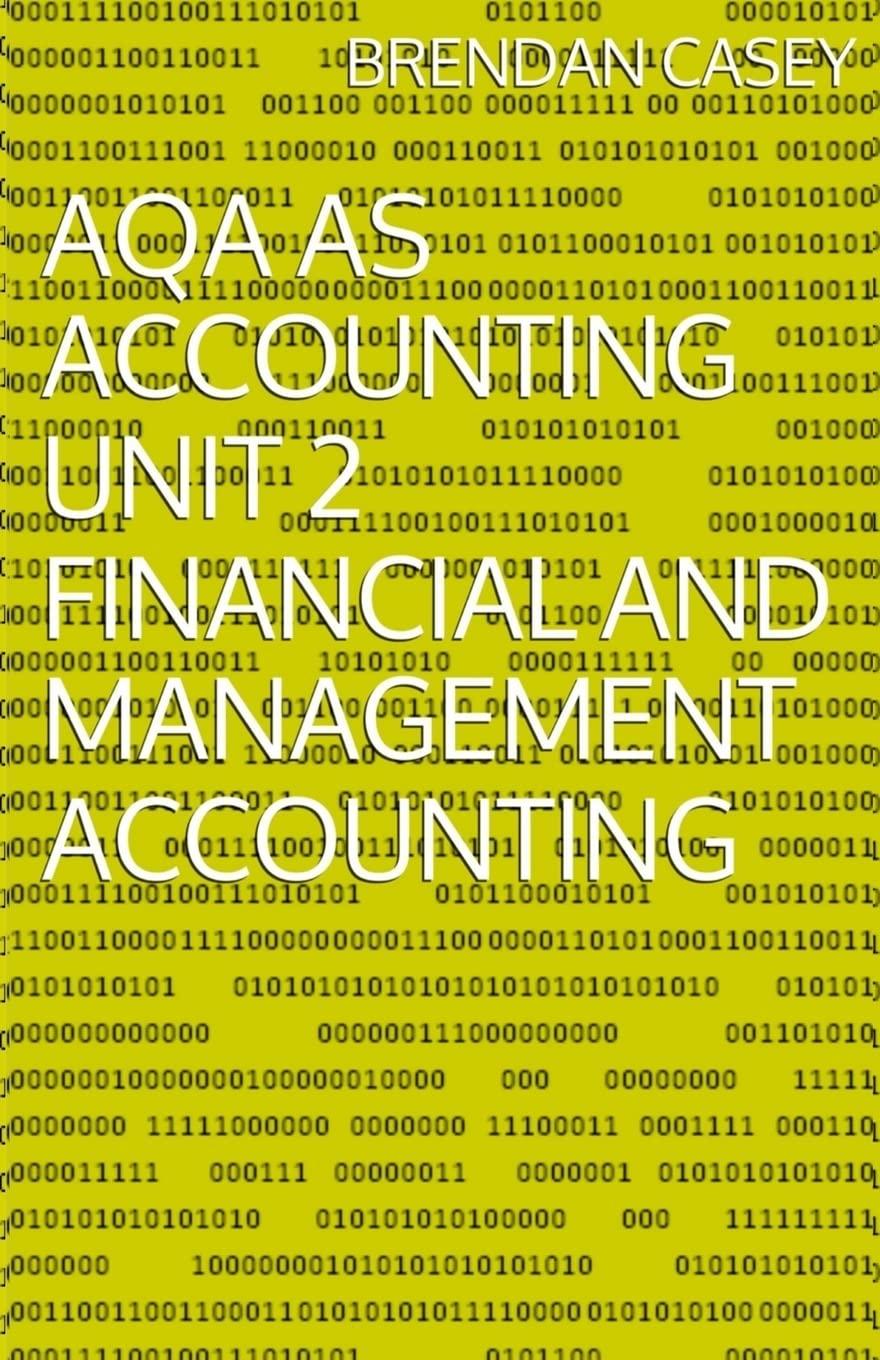Question
Stocks A and B have the following historical returns: Year Stock A's Returns, r A Stock B's Returns, r B 2013 - 23.10% - 16.70%
Stocks A and B have the following historical returns:
| Year | Stock A's Returns, rA | Stock B's Returns, rB |
| 2013 | - 23.10% | - 16.70% |
| 2014 | 39.25 | 28.30 |
| 2015 | 16.50 | 37.90 |
| 2016 | - 1.75 | - 7.70 |
| 2017 | 26.25 | 15.35 |
a Calculate the average rate of return for stock A during the period 2013 through 2017. Round your answer to two decimal places. Calculate the average rate of return for stock B during the period 2013 through 2017. Round your answer to two decimal places.
b. Assume that someone held a portfolio consisting of 50% of Stock A and 50% of Stock B. What would the realized rate of return on the portfolio have been each year? Round your answers to two decimal places. Negative values should be indicated by a minus sign.
| Year | Portfolio |
| 2013 | % |
| 2014 | |
| 2015 | |
| 2016 | |
| 2017 |
What would the average return on the portfolio have been during this period? Round your answer to two decimal places
c. Calculate the standard deviation of returns for each stock and for the portfolio. Round your answers to two decimal places.
| Stock A | Stock B | Portfolio | |
| Standard Deviation | % | % | % |
d. Calculate the coefficient of variation for each stock and for the portfolio. Round your answers to two decimal places.
| Stock A | Stock B | Portfolio | |
| CV |
Assuming you are a risk-averse investor, would you prefer to hold Stock A, Stock B, or the portfolio?
Step by Step Solution
There are 3 Steps involved in it
Step: 1

Get Instant Access to Expert-Tailored Solutions
See step-by-step solutions with expert insights and AI powered tools for academic success
Step: 2

Step: 3

Ace Your Homework with AI
Get the answers you need in no time with our AI-driven, step-by-step assistance
Get Started


